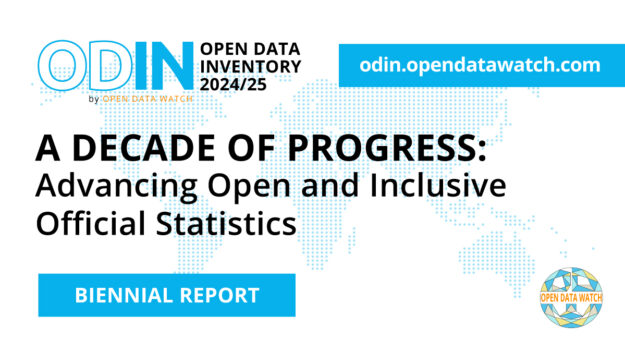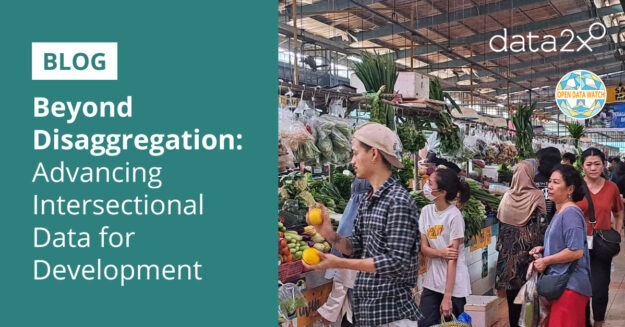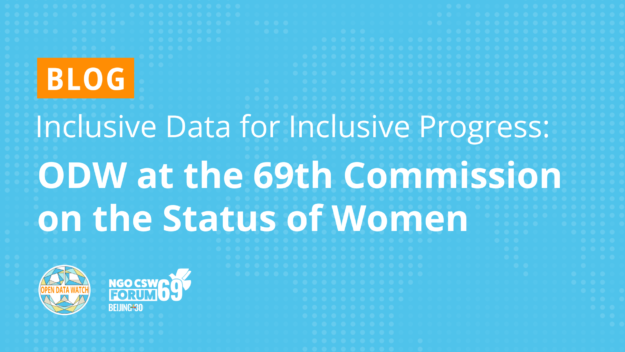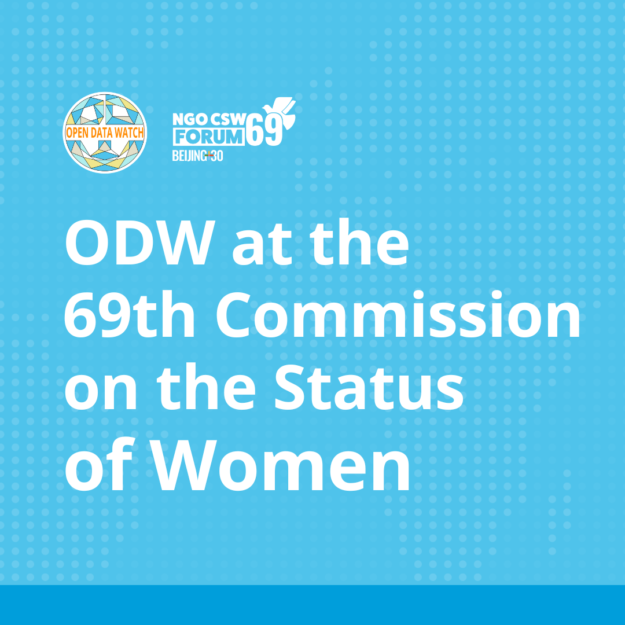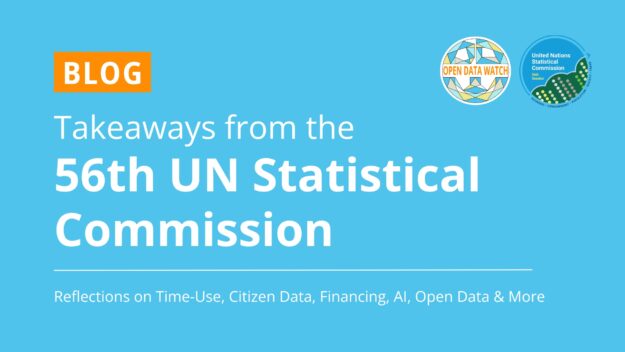Open Data Watch is an international non-profit, non-governmental organization that works at the intersection of open data and official statistics. It monitors the accessibility and comprehensiveness of official data in over 180 countries and provides practical information and assistance in implementing open data policies and systems. The Open Data Watch team has unparalleled experience in development data and is committed to making open data a global reality in support of Sustainable Development Goals.
For evaluating trends in, for instance, economics, climate, and health, US government data have long played a vital role in guiding policy, both at home and internationally. But the production and reliability of long-standing, widely used US data sources are now under threat.
Lire en français dans Le Monde
The latest Staying Up to Data newsletter distills the findings of ODIN 2024-25. contrasting a decade of impressive progress with the fragility of a current data ecosystem facing both huge AI demands and uncertain funding. Subscribe here.
The 7th edition of the Open Data Inventory (ODIN), covering 197 countries across 22 categories of official statistics, reveals that countries are making substantial progress in openness and coverage, but that the current data ecosystem faces risks without sustained commitment and investment.
Assessing 197 countries across 22 categories of official statistics, the 7th edition of the Open Data Inventory (ODIN) reveals that countries are making substantial progress in data openness and coverage, but that the changing data ecosystem faces risks without sustained commitment and investment. See the blog, Report, and full ODIN results.
The 7th edition of the Open Data Inventory (ODIN), covering 197 countries across 22 categories of official statistics, reveals that countries are making substantial progress, but that the changing data ecosystem also faces risks without sustained commitment and investment.
While traditional data disaggregation — separating data by gender, age, or income — helps identify disparities, it often misses how multiple factors overlap. Intersectional data allows us to see the full picture.
The Commission on the Status of Women (CSW69) this year looked at how data can drive change for women and girls, emphasizing that comprehensive, accessible, and inclusive data are essential both to making and tracking progress.
The Commission on the Status of Women (CSW69) this year looked at how data can drive change for women and girls, emphasizing that comprehensive, accessible, and inclusive data are essential both to making and tracking progress.
Topics at this year’s United Nations Statistical Commission (UNSC) ranged from the new System of National Accounts (SNA), to the 2030 Population and Housing Census, the new framework for Citizen Data, SDG progress, time use surveys, data financing, and the impact of AI. Six key takeaways emerged.
Topics at this year’s United Nations Statistical Commission (UNSC) ranged from the new System of National Accounts (SNA), to the 2030 Population and Housing Census, the new framework for Citizen Data, SDG progress, time use surveys, data financing, and the impact of AI. Six key takeaways emerged.





